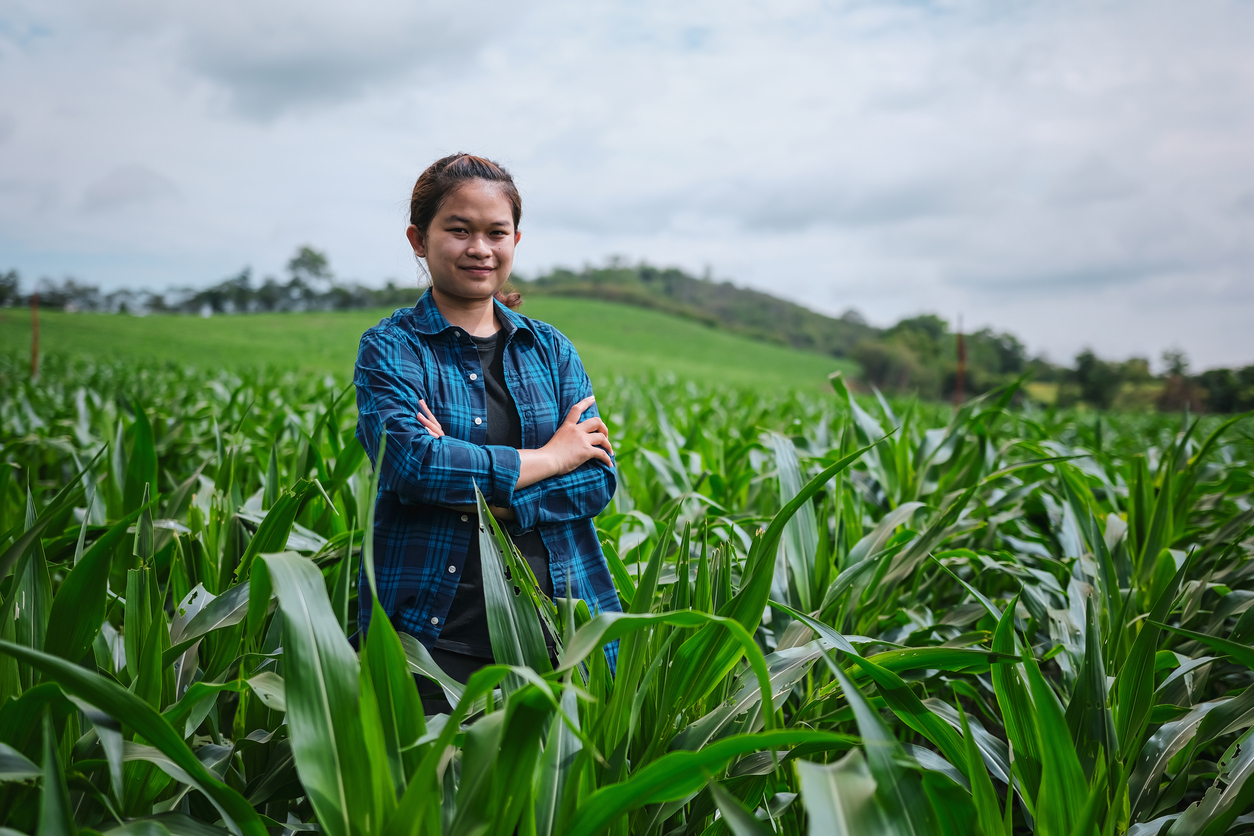Learners for Life: Survey Shows Impact of Education on Biotech Perception
| |
Does schooling affect views on biotechnology?
Researchers Andrea Matildo and Jerome Ruiz from Cebu Technological University, Philippines, sought to find answers to this question through their study titled Impact of Educational Level in Public Perception on Biotechnology in Southern Cebu, Philippines, published in the Journal of Agriculture and Technology Management in 2022. They interviewed 257 respondents from Southern Cebu, Philippines, about their perceptions of biotechnology and analyzed the trends based on their highest educational attainment. This article summarizes the highlights of their findings.
Biotechnology in the Philippines
The Philippines is one of the pioneer adopters of biotechnology globally. In 2002, the Philippine government approved the planting of insect resistant corn and after 17 years, it ranked 12th among 29 countries in the world planting biotech crops in 2019. Filipino farmers planted 875,000 hectares of biotech corn in 2019, which is 39% more than the plantings in the previous year. At present, vitamin A-enriched rice and insect resistant eggplant have been commercially approved in the country.

Communicating about biotechnology to Filipinos
With decades of adopting biotech corn, the technology is still less known in rural areas. This is because of several factors influencing decision-making, including the balance between cost-effectiveness and risk associated and doubts in the adoption outcomes. Other factors include agronomic, socio-cultural, technical, environmental, communication, and information.
Newspapers have reported about the technology since its application in Philippine laboratories. However, its coverage is less dominant than other popular topics like politics and the environment. There is a need for more communication efforts to make the technology well-known to the public. Understanding biotechnology would help them make informed decisions about the adoption of existing and upcoming biotech products. Perception studies will provide insights into strategizing effective campaigns to impart information on the technology, especially to those with less exposure to scientific information provided in schools. Thus, Matildo and Ruiz aimed to assess the knowledge, understanding, attitude, and acceptance of biotechnology as being applied to agricultural development and food processing in Southern Cebu.
Key findings
The significant findings of the study are as follows:
- College graduates exhibit the highest awareness and knowledge about biotechnology and its uses in food production.
- College graduates and those who reached college levels trusted information on biotechnology from scientific sources such as the academe/researchers, books, seminars, and forums; while those who reached up to elementary level get information on biotechnology from their friends, religious leaders, and from the Internet.
- Those who reached college level, together with the college graduates, have a positive attitude and perception towards biotechnology, and are willing to gain more knowledge from seminars and engage in policy interventions. They do not think that the technology is harmful in food production and agricultural development.
- Biotechnology is perceived as a cultural concern, and not an ethical/moral, religious, health, environmental, or political issue in Southern Cebu.
Recommendations
The authors recommend that government agencies and non-governmental organizations should strategize information dissemination about biotechnology in such a way that will be easy-to-understand, regardless of educational attainment. They also recommended putting a spotlight on topics that were commonly misunderstood by the public such as the safety and regulation of biotech products.

The findings provide empirical data on public perception of biotechnology. The results can be used to develop strategies for effective communication of the technology and ensure continuous learning about biotechnology by all stakeholders.
For further reading
- Biotech Country Facts and Trends: Philippines
- From Fear to Facts:17 Years of Agri-biotech Reporting in the Philippines (2000-2016)
- Impact of Educational Level in Public Perception on Biotechnology in Southern Cebu, Philippines
| Newer Post | Archive | Older Post |
Science Speaks is ISAAA Inc.'s official blog. Weekly blog articles, authored by ISAAA writers, partners, and invited contributors, aim to help share, disseminate, and promote scientific knowledge and its vital role in achieving global agricultural sustainability and development. Your support to Science Speaks will help us achieve this goal. You can help us by donating as little as $10.

